Among the hundreds of old cinemas, there is a family from the North who migrated to Saigon in 1954 and built a series of cinemas from 1954 to 1975. That is the family of Mr. Nguyen Tien, 71 years old, living in District 11, Ho Chi Minh City. When he first came to the South to start a business, his father, Mr. Nguyen Thiem, built dozens of cinemas from Saigon to Binh Duong , Dong Nai, Vung Tau. One of the marks that his family still retains in the chain of more than 10 cinemas of his parents, can be mentioned: Dai Dong Saigon (Cao Thang Street, District 3, Ho Chi Minh City), Thang Long Cinema (Cong Quynh Street, District 1), Quoc Thai Cinema (3 Thang 2 Street, District 11) ... Mr. Nguyen Tien and his family were able to keep a part of the above mentioned cinemas, co-owned with state management agencies after 1975.
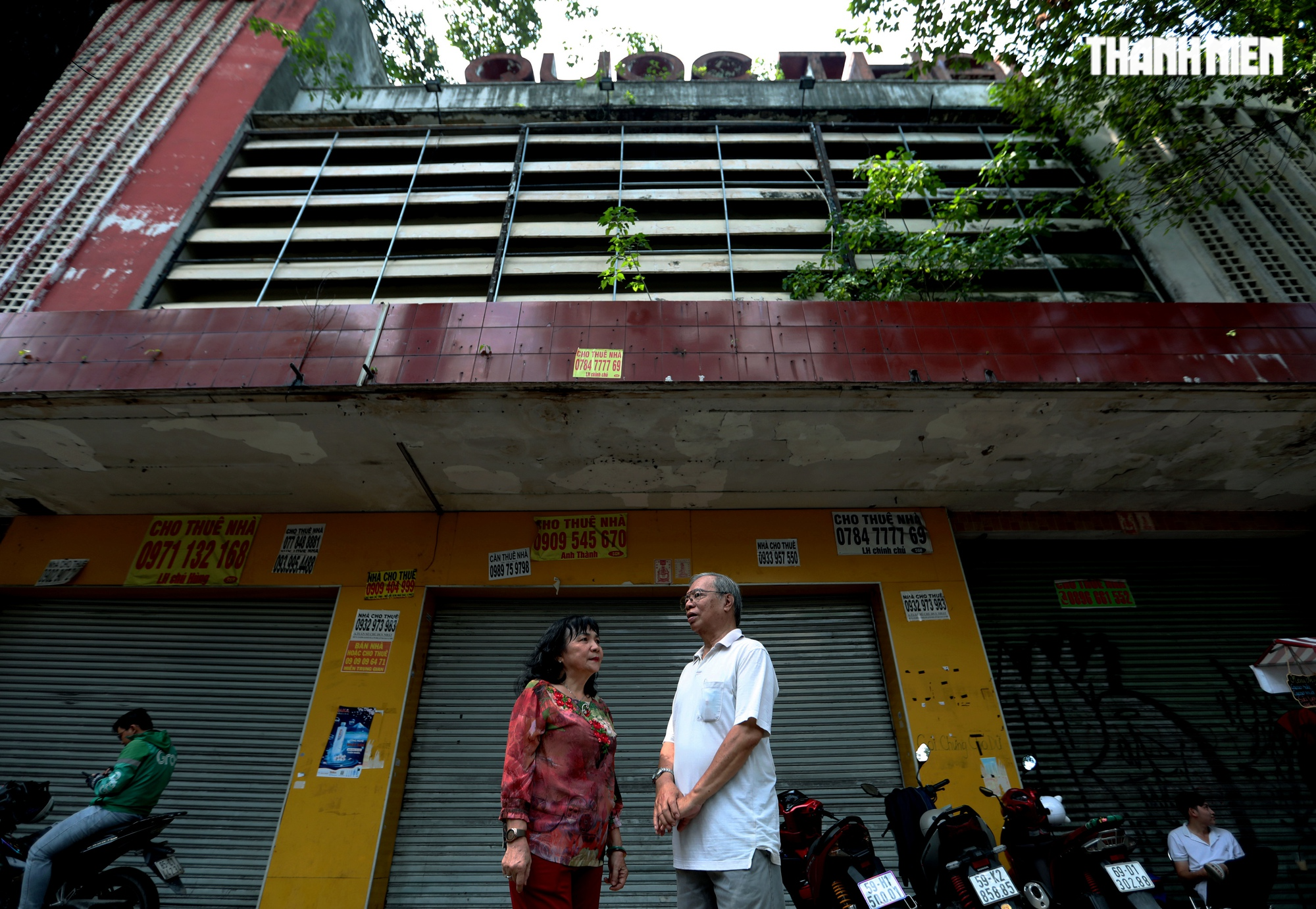
Mr. Nguyen Tien, 71 years old, a former math teacher in Ho Chi Minh City, is the youngest son of a theater owner who owned dozens of theaters, flashing movies from North to South before 1975, standing in front of Quoc Thai theater on 3/2 Street, District 11, Ho Chi Minh City. Mr. Tien's family is living in the old parking lot of Quoc Thai theater.
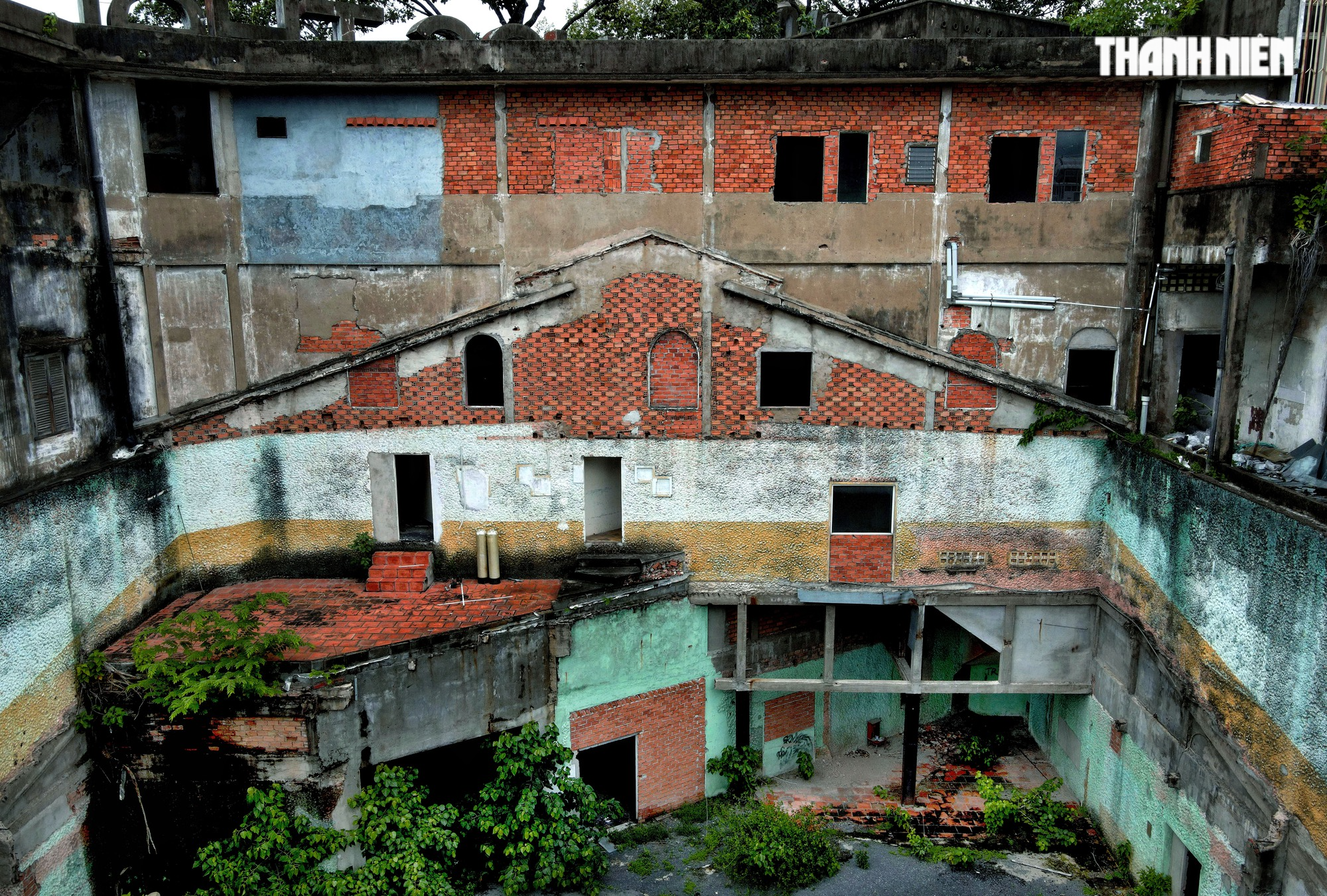
The once-famous Quoc Thai Cinema is now an empty lot on 3/2 Street, District 11, Ho Chi Minh City.
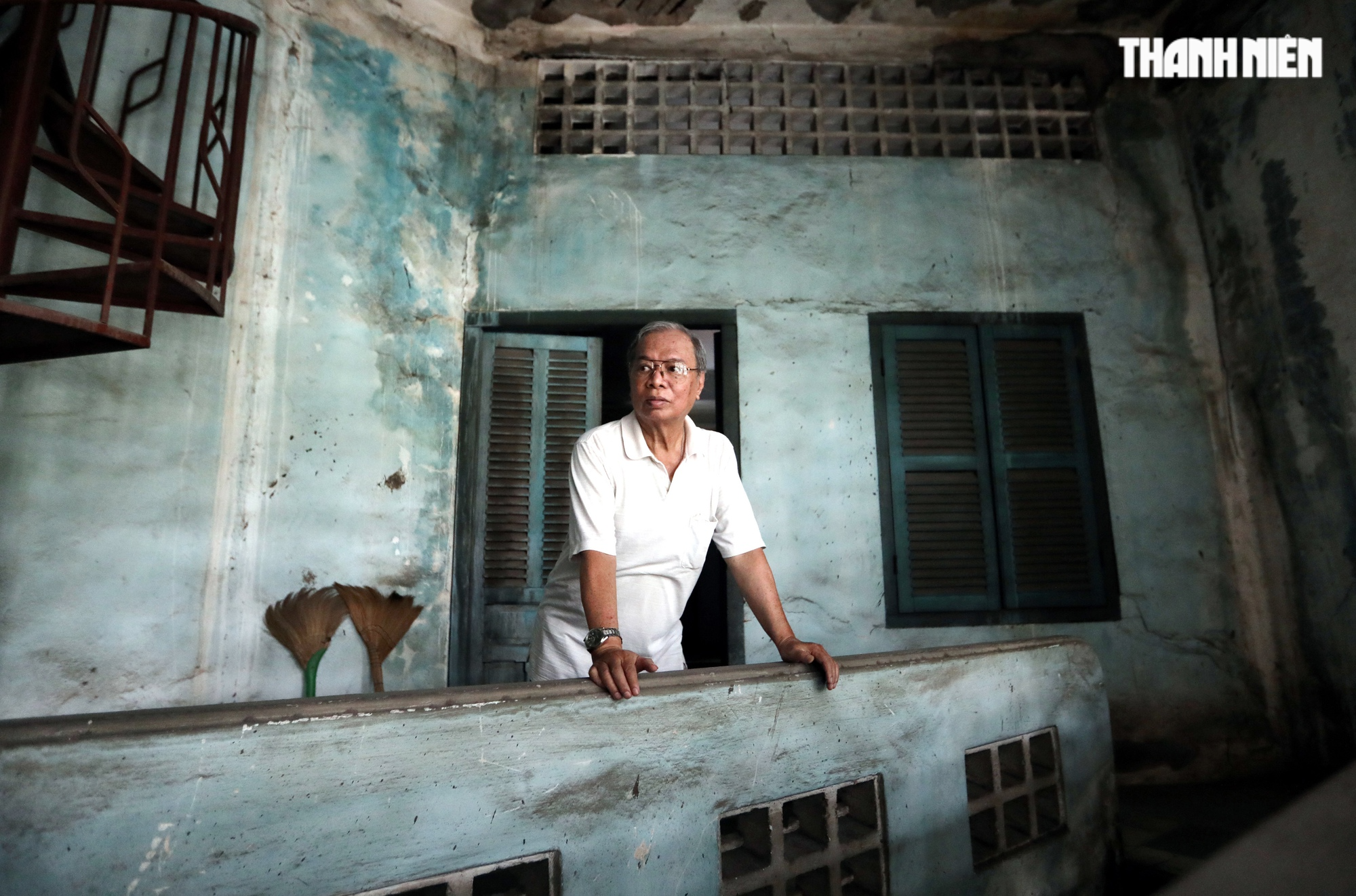
Mr. Tien is inside Quoc Thai theater.
Mr. Nguyen Tien Tien said that in 1955, when he migrated to Saigon, his father brought with him all the seats and projectors from the theaters built in Hanoi . At the end of 1955, the first Dai Dong theater on Cao Thang Street, called Dai Dong Saigon, was established and was managed by Mr. Tien's eldest brother, Nguyen Thinh.
After 1975, the theater was handed over to the State for management. On the first floor of the theater, Mr. Nguyen Thinh's family was allowed to stay.
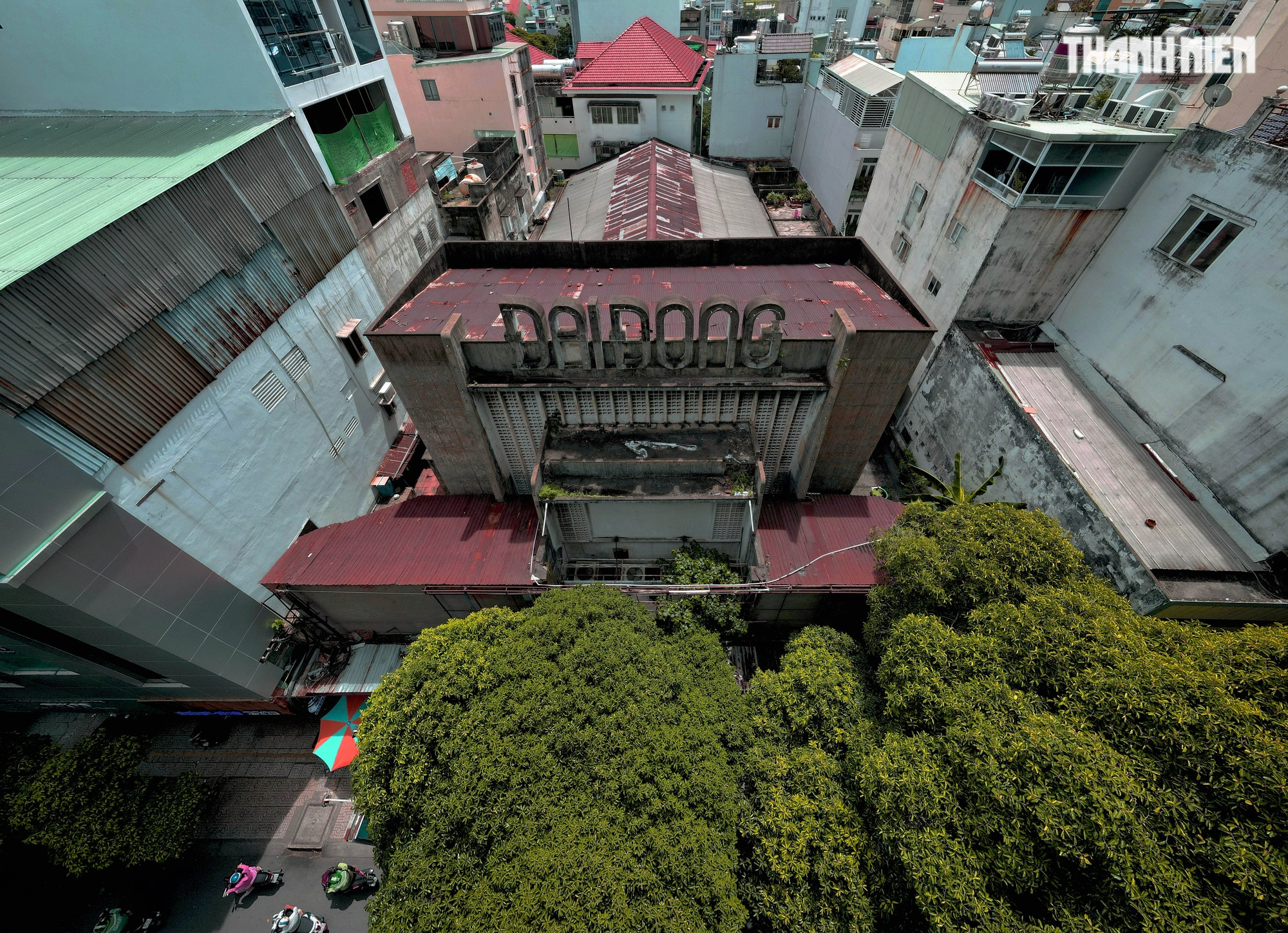
Dai Dong Cinema (Cao Thang Street, District 3) has been abandoned for many years in the heart of the city.
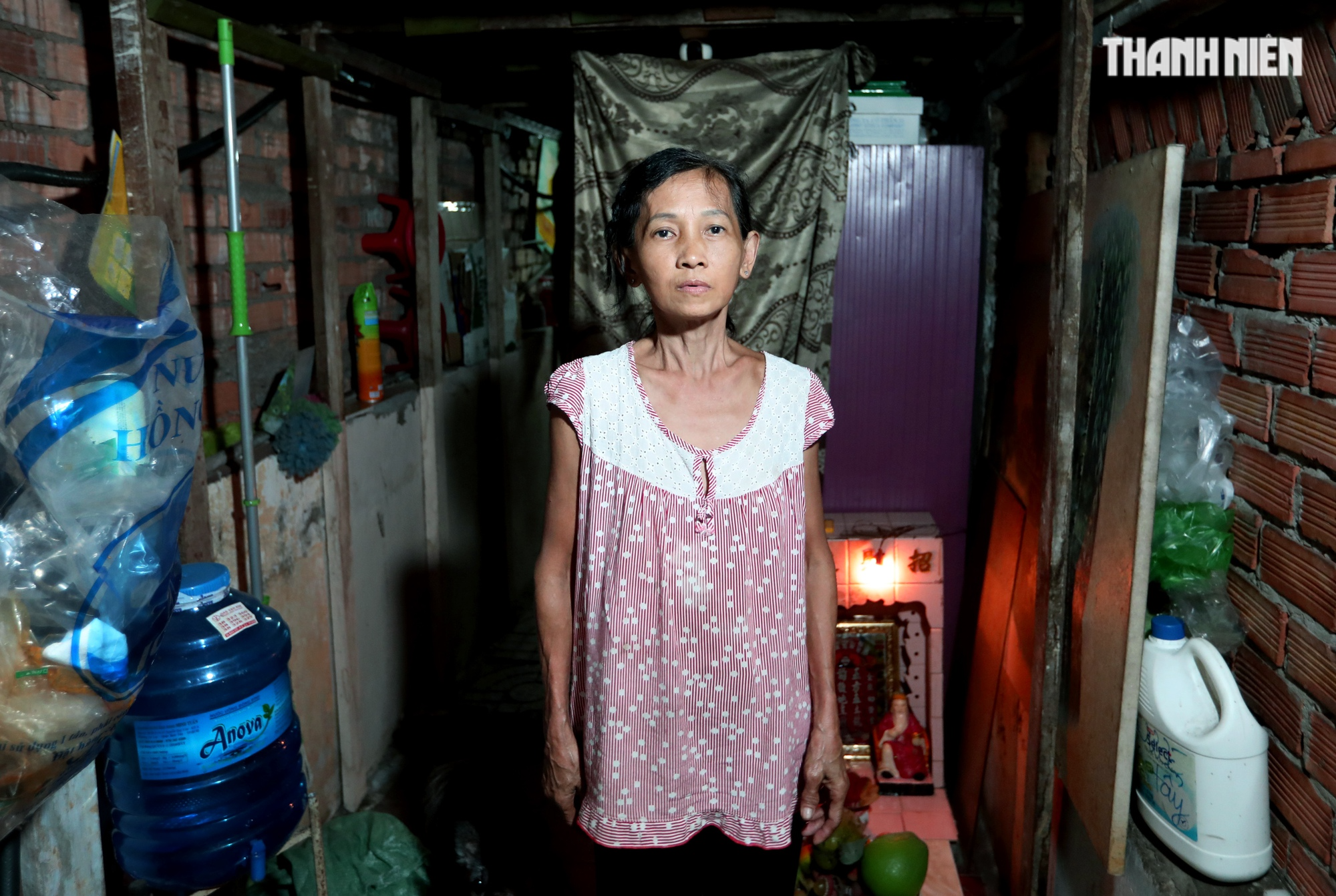
Ms. Nguyen Minh Tam, 59 years old, is one of the family members, currently living with her son in a dilapidated corrugated iron roofed room with patched walls behind Dai Dong cinema on Cao Thang street.
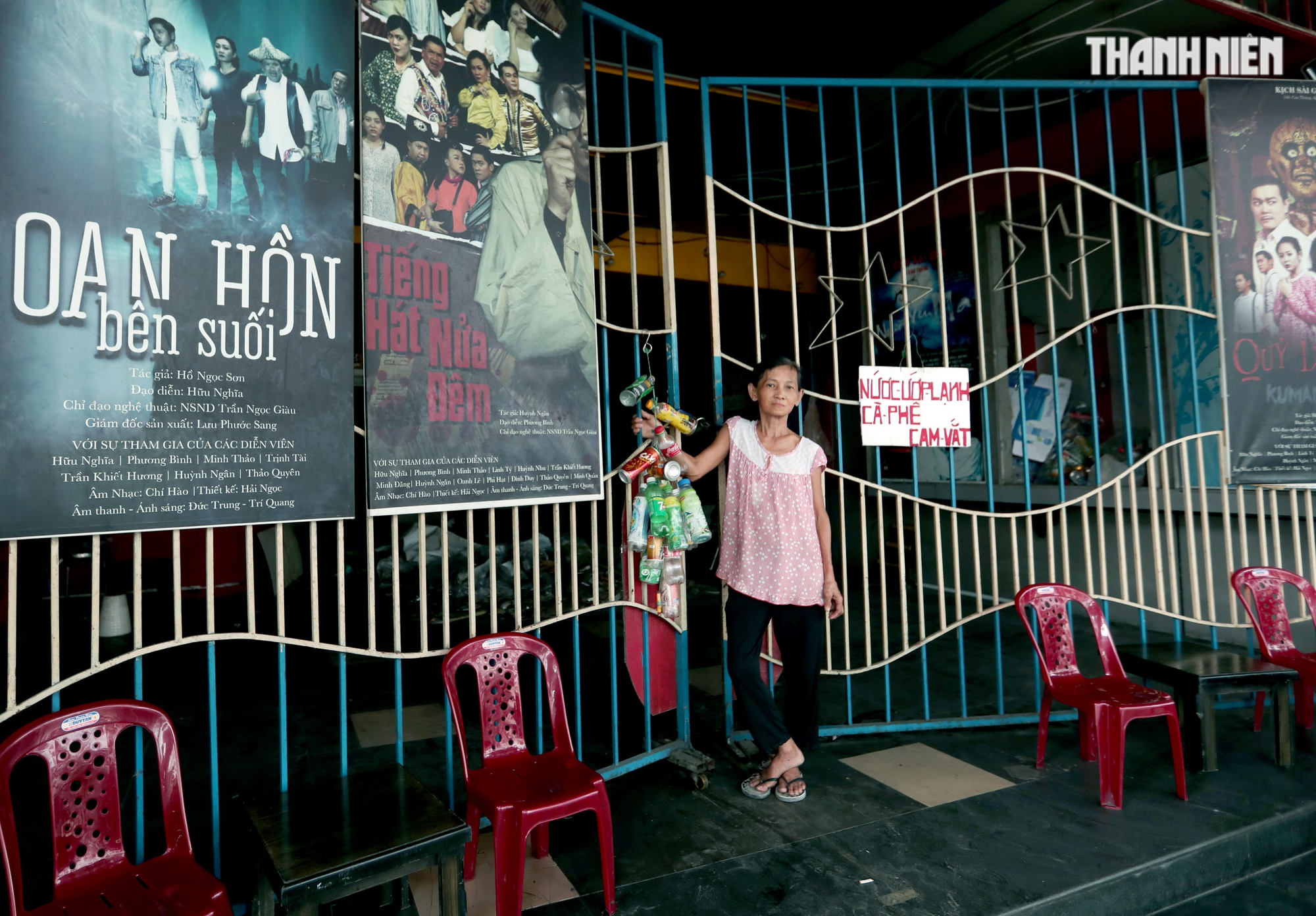
Outside Dai Dong cinema, the door is now closed. Old posters are still hanging in front of the cinema. Ms. Nguyen Minh Tam sells drinks on the sidewalk in front of the cinema and keeps cars in the old parking lot of the cinema. "We shouldn't be allowed to sell, but people see that we are poor and live here, so they let us sell while we are not in operation," Ms. Tam said.
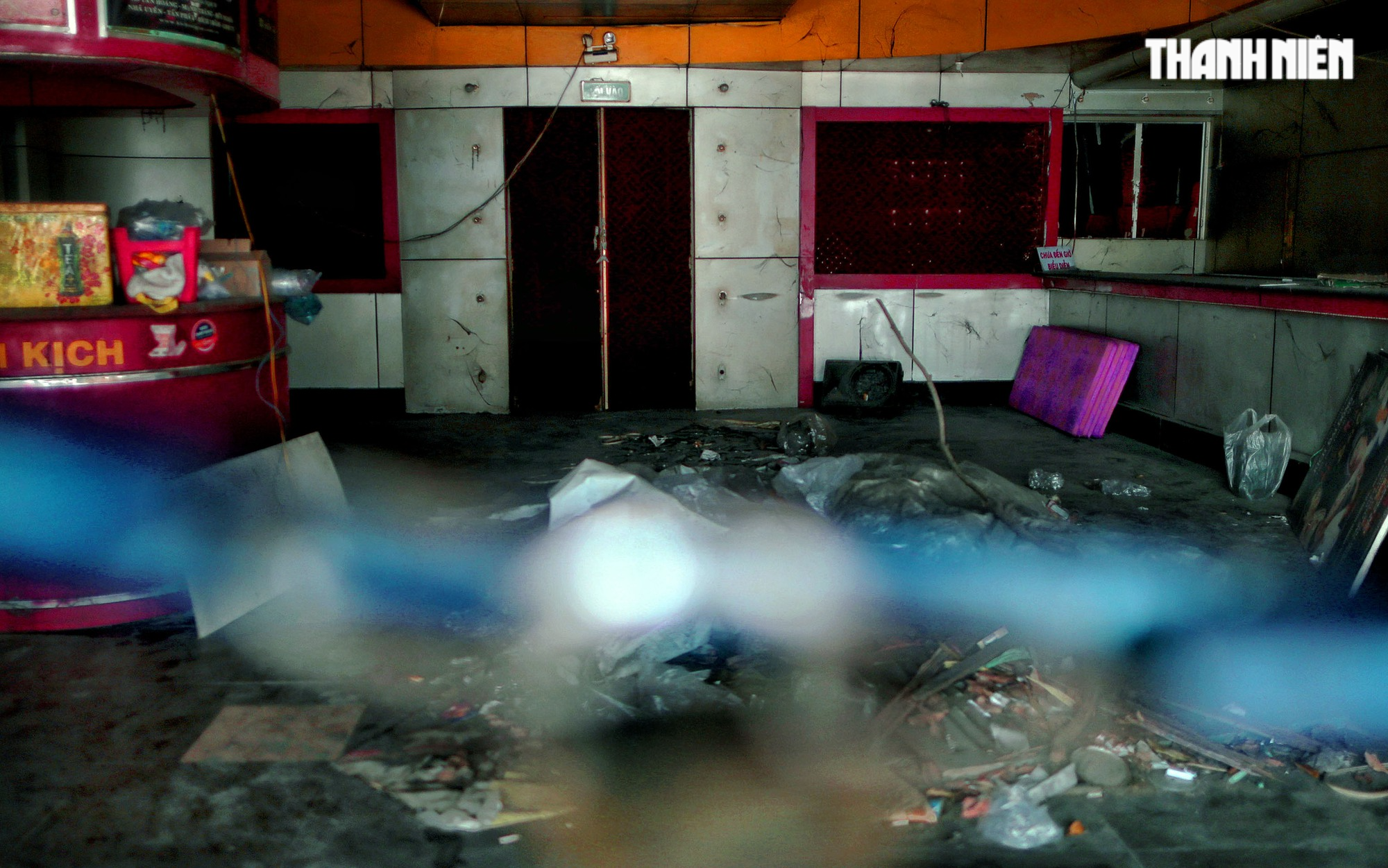
Dai Dong Theater, after being handed over to the state for management, became a performance venue for Saigon Drama Theater. Currently, it is in a state of disrepair and abandonment.
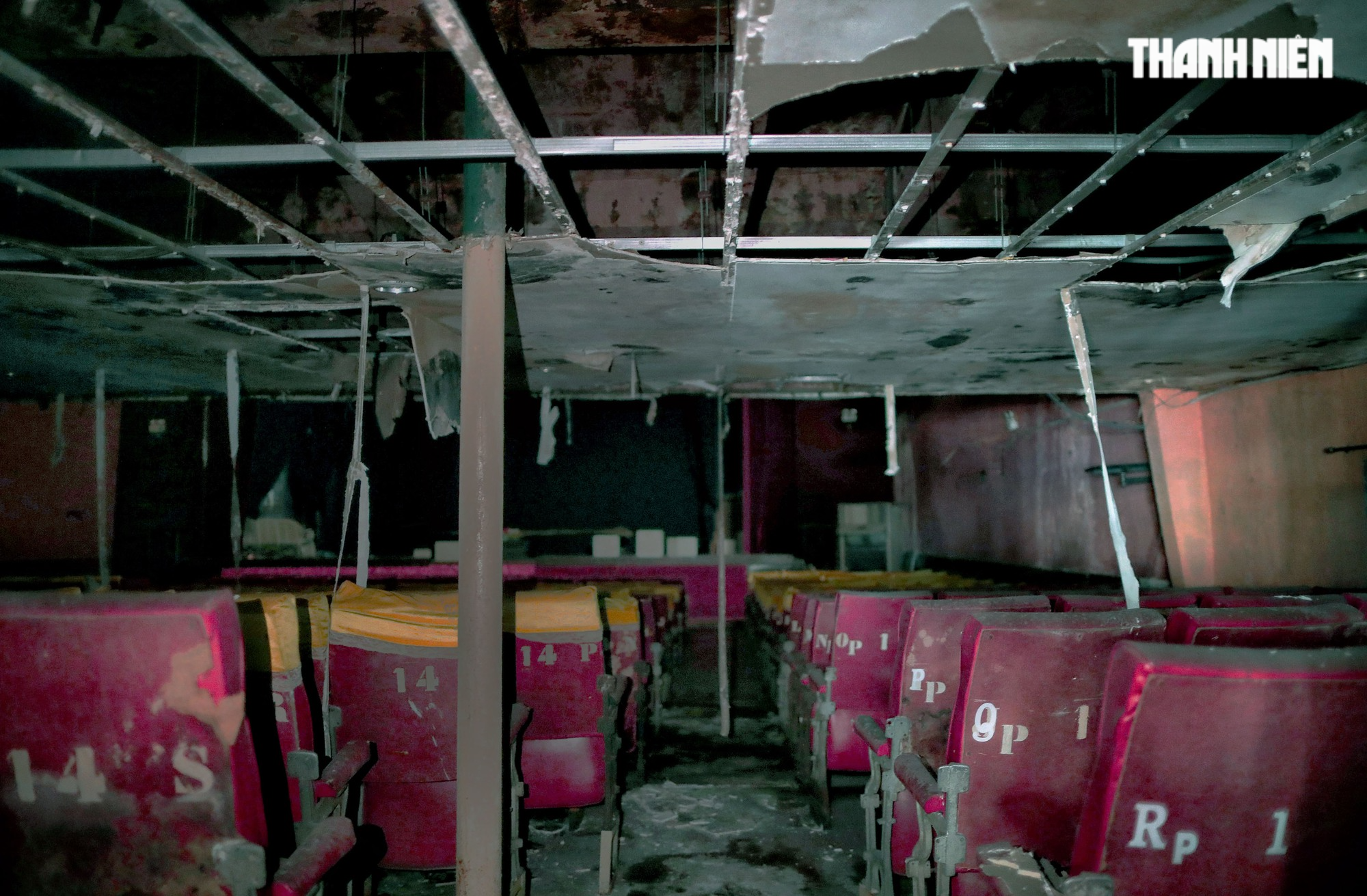
Many items such as seats, floors, and ceilings are in disrepair and can collapse at any time.
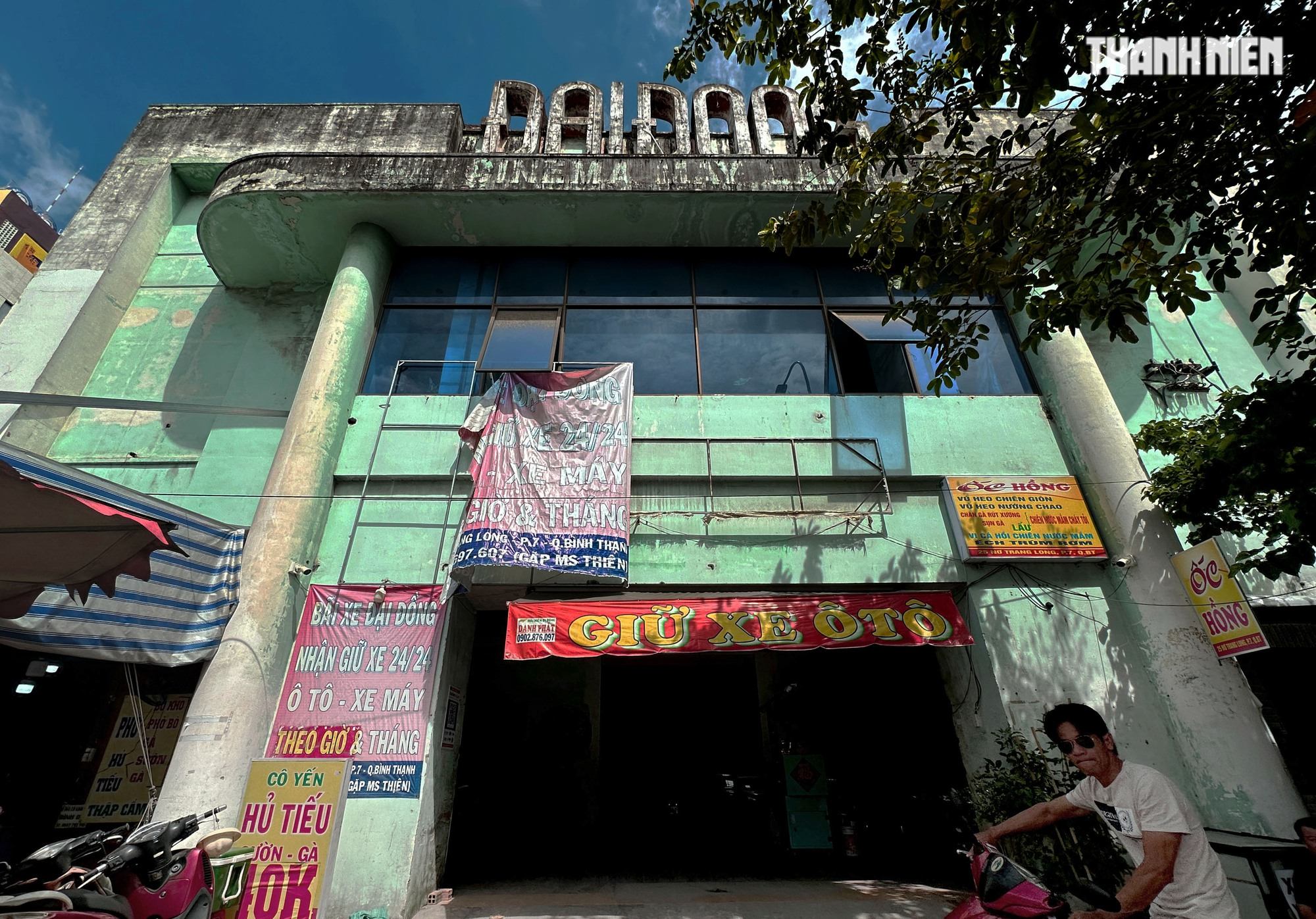
The same scene is Dai Dong cinema (No Trang Long street, Binh Thanh district) now converted into a car parking lot.
During 1967 - 1968, Mr. Nguyen Thiem's family built Thang Long Cinema (on Cong Quynh Street) and Binh Minh Cinema in Binh Duong Province at the same time, along with a series of other cinemas in Ho Chi Minh City, Dong Nai , and Binh Duong. In 1968, Mr. Nguyen Them suddenly passed away, right after Thang Long Cinema on Cong Quynh Street opened. Before his death, he handed over to his children to continue managing it until 1975. Currently, Mr. Nguyen Tien's family owns the first floor of Thang Long Cinema, the rest is managed by the University of Theater and Cinema in Ho Chi Minh City.
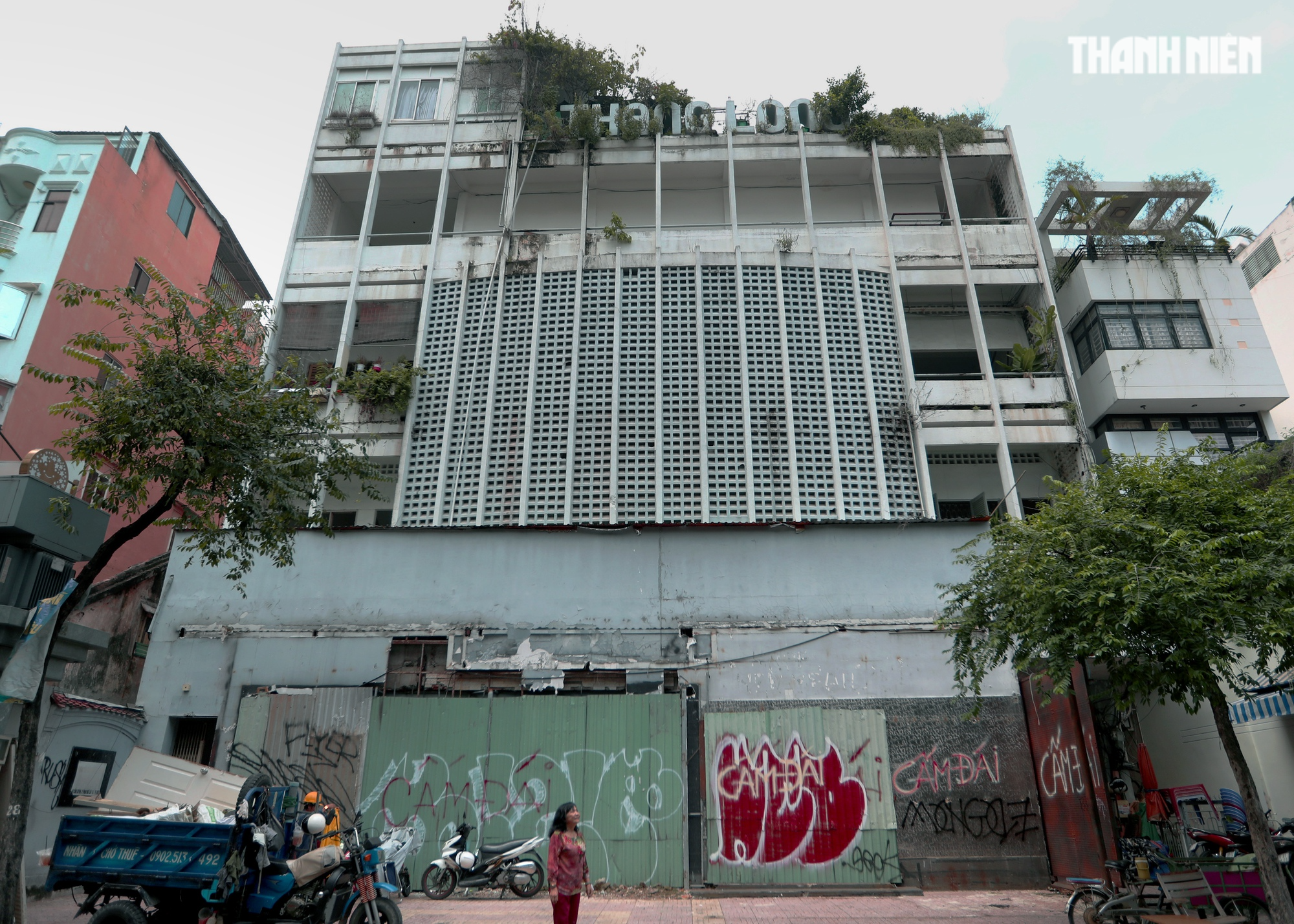
Part of Thang Long cinema on Cong Quynh street (District 1, Ho Chi Minh City) is currently managed by Ho Chi Minh City University of Theatre and Cinema.
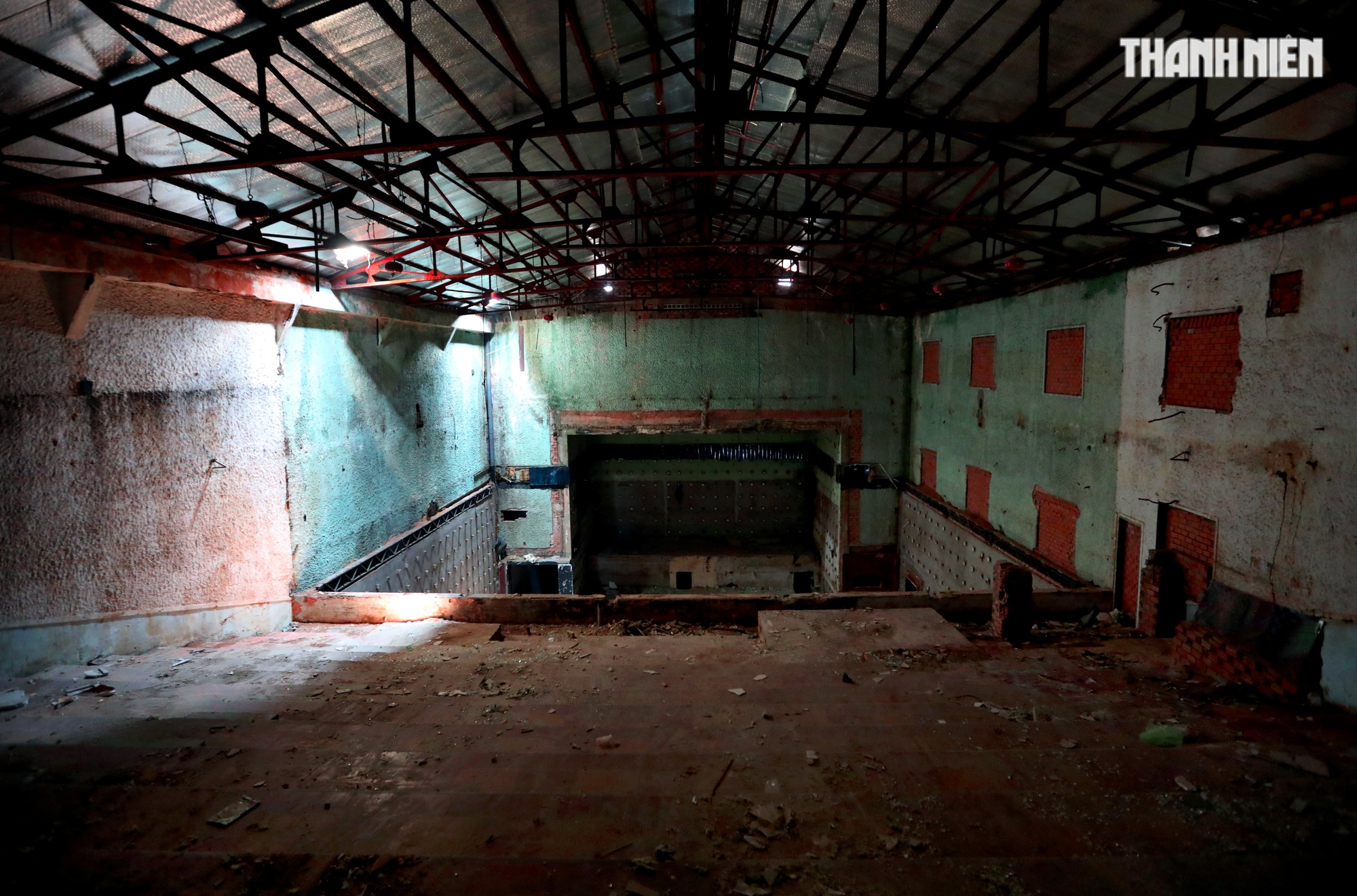
The main stage of the once-glorious Thang Long theater is now abandoned, with many items seriously degraded.
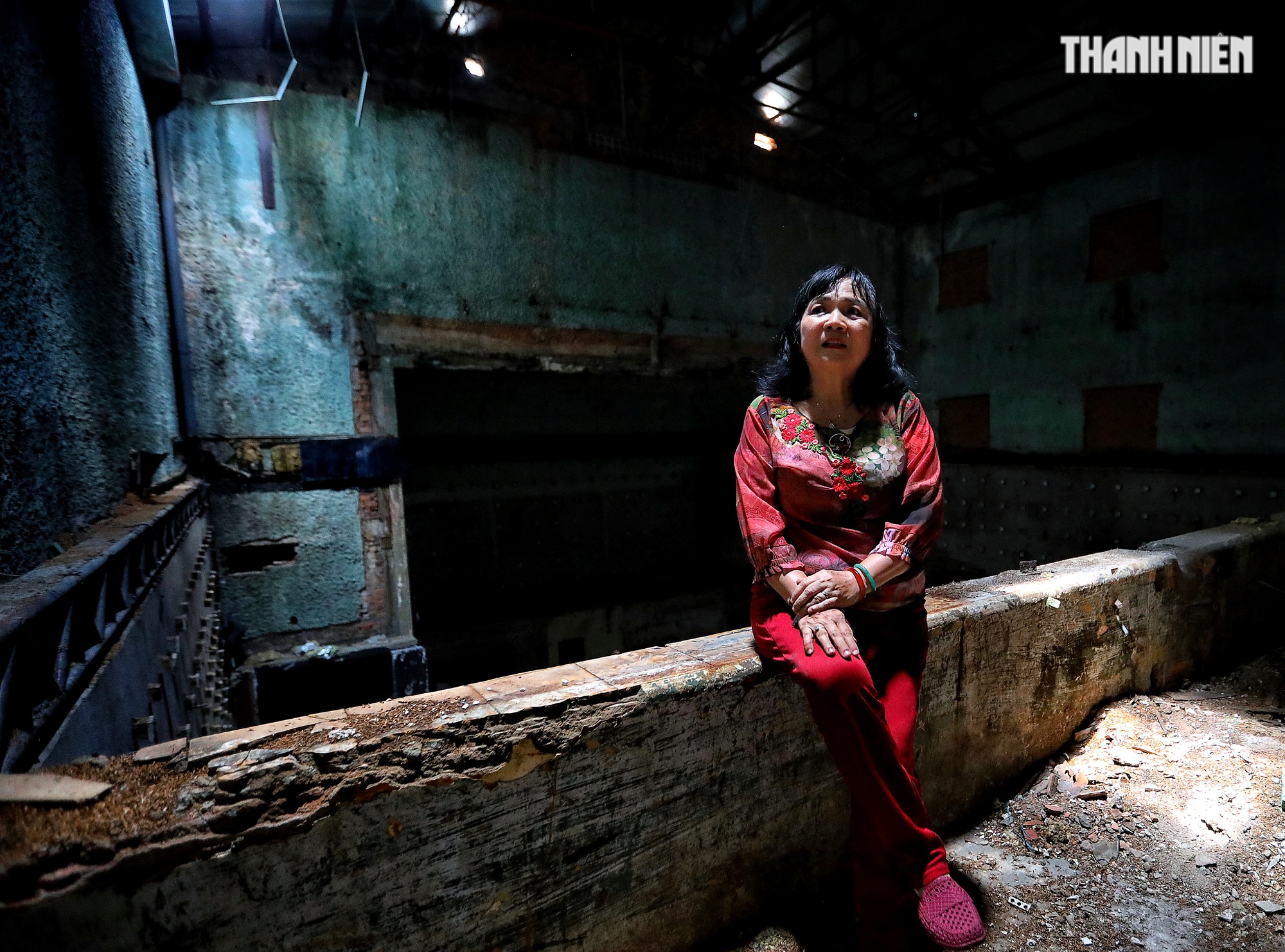
"My parents used to own dozens of theaters, doing all kinds of business from North to South. Now their children and grandchildren are struggling to survive on the ruins of many old theaters. It's the times," said Nguyen Thi Minh Duc while sitting inside the abandoned Thang Long theater auditorium.
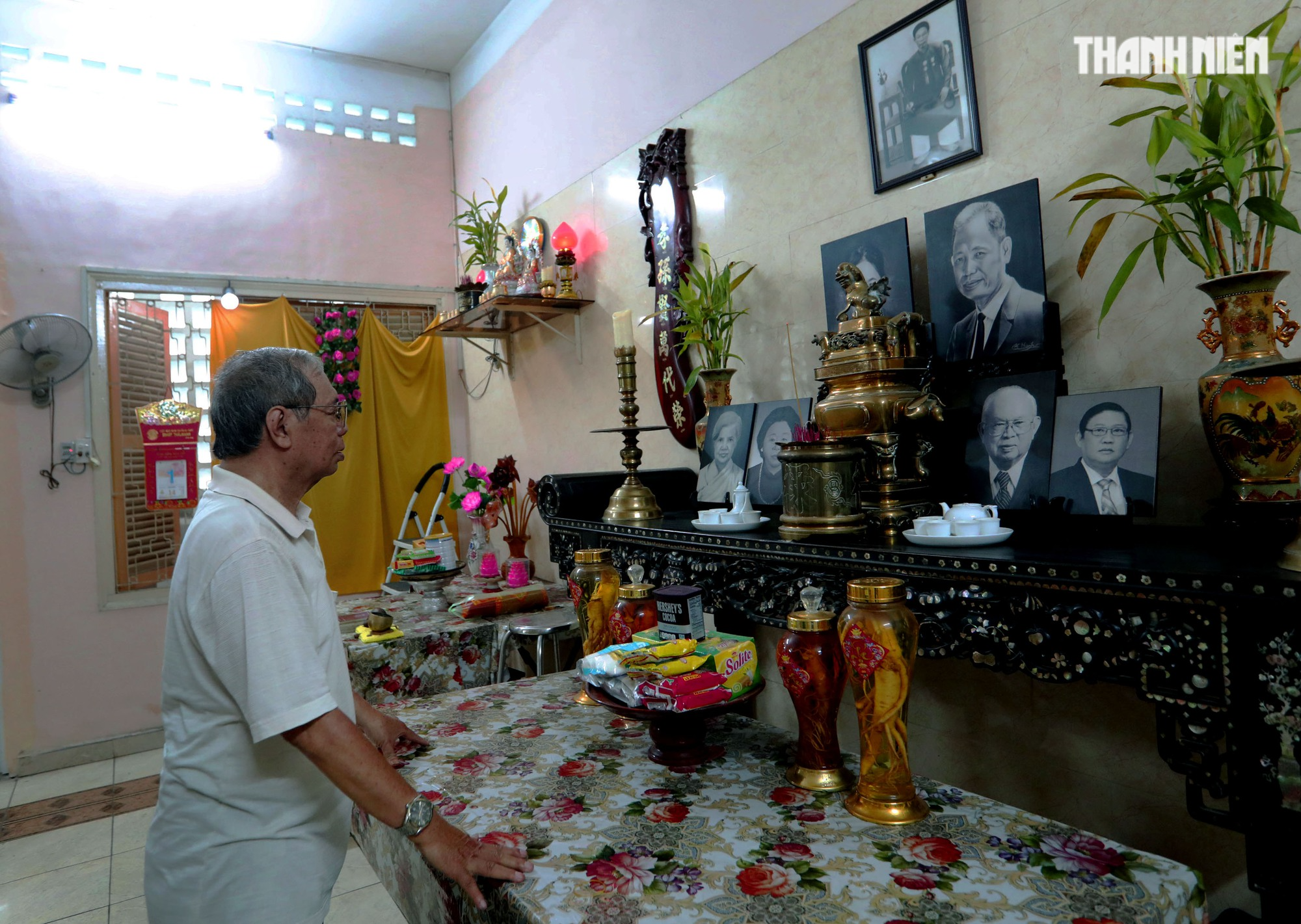
Currently, Mr. Nguyen Tien's family owns the first floor of Thang Long theater to worship their ancestors.
Source link



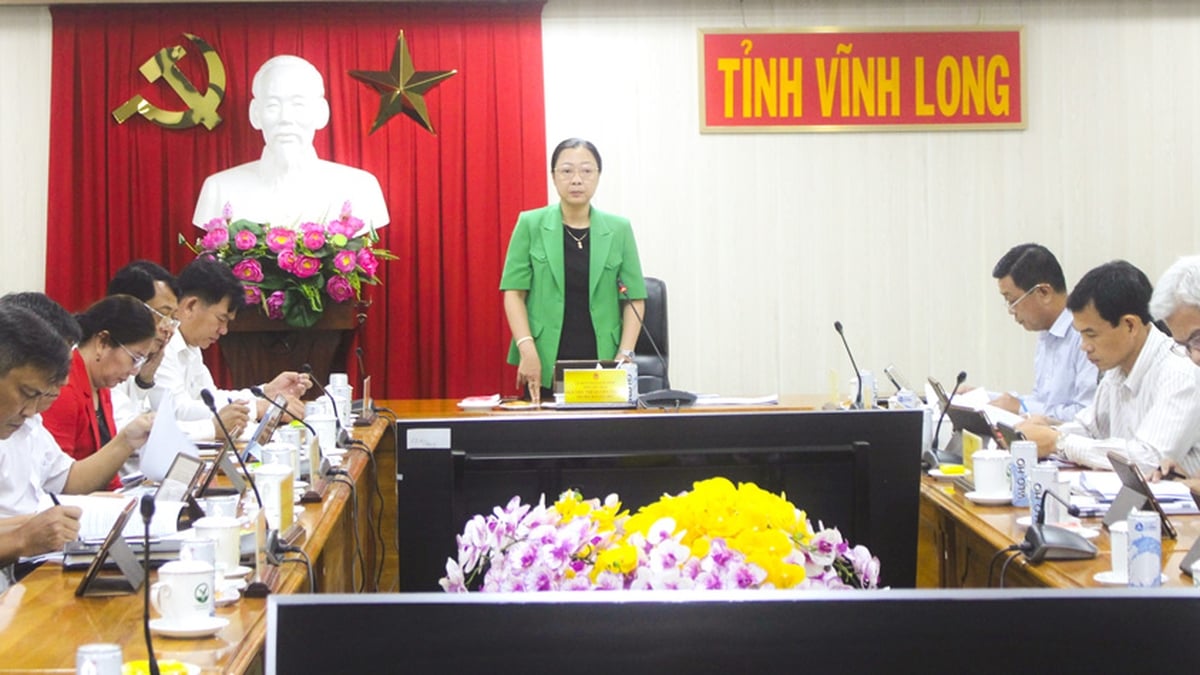



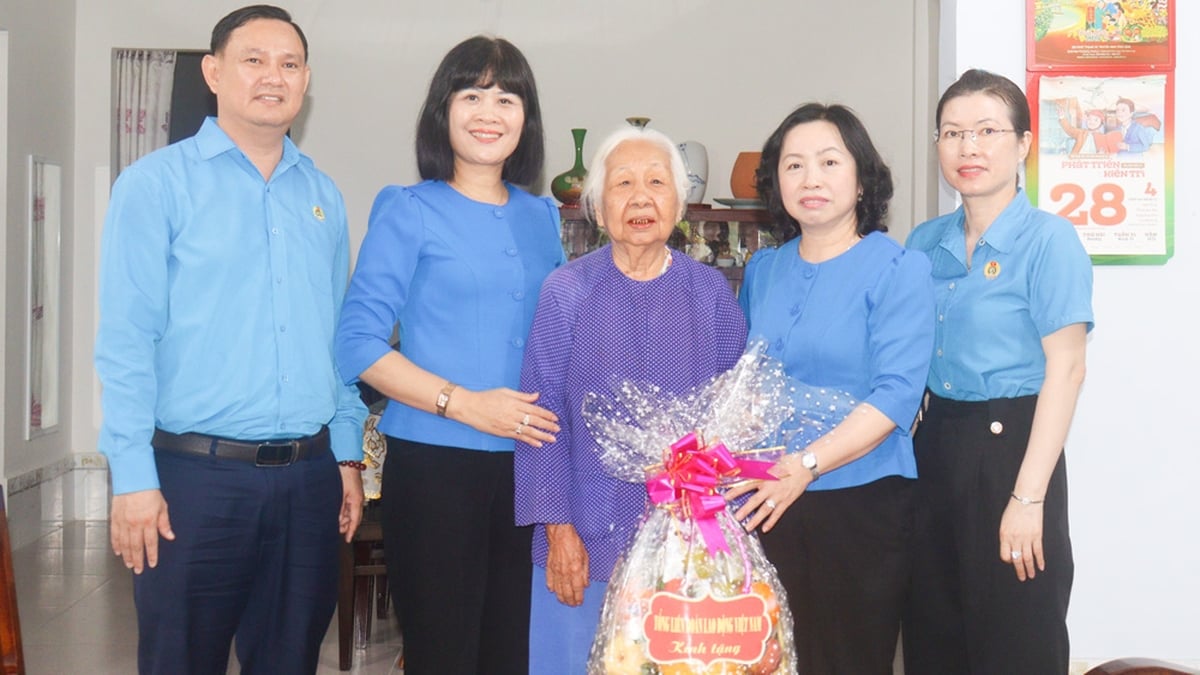















































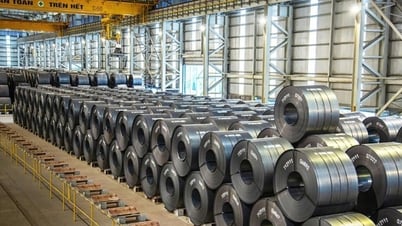


















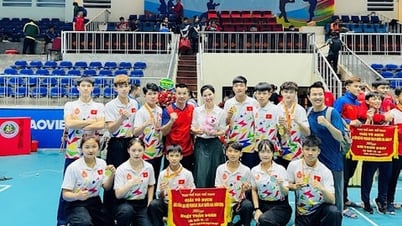
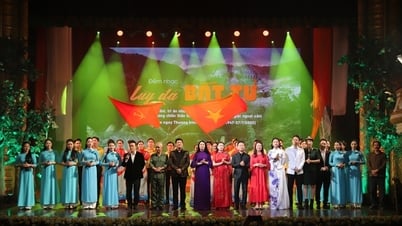






















Comment (0)